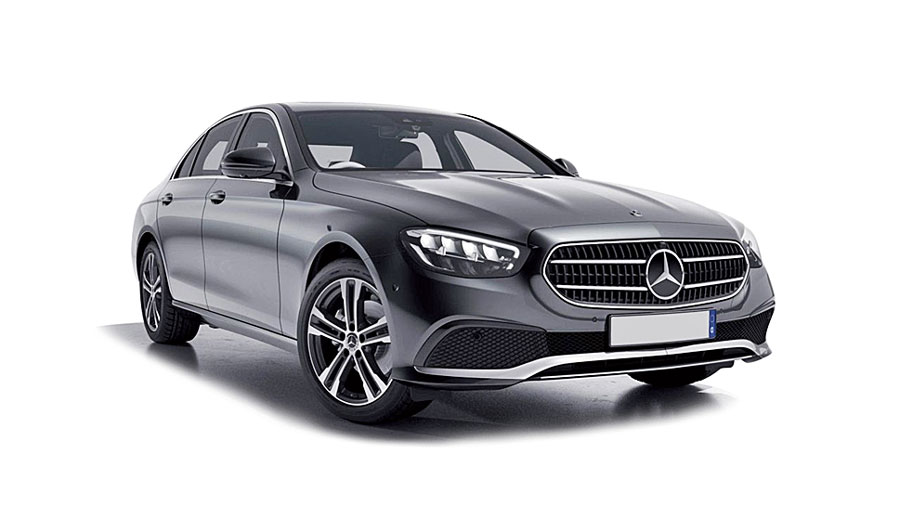Mercedes Benz India Limited wants the government to tweak its Rs 26,000cr production linked incentive (PLI) scheme so that low volume manufacturers can avail themselves of the scheme.
Such a suggestion was offered to Tesla who are even yet to set up a manufacturing unit in the country. Talking to The Telegraph, MBIL chief Martin Schwenk said: “The government tried to help the automotive industry with the PLI scheme but it does not help us who have small volumes.”
“Mercedes has invested Rs 2,600 crore. A lot of that money will be needed for the electrification of cars. But we cannot apply for the scheme. The scheme is for larger volume producers and many new entrants,” Schwenk said.
Urging the government to have another look at the PLI scheme, Schwenk said: “Our best selling car sells a couple of thousand units annually. It is not possible for us to produce locally and then start exporting them from here. There are trade barriers and other countries would say why not manufacture here.”
Last week, the government retorted to Tesla chief Elon Musk’s tweet about “working through a lot of challenges with the (Indian) government” with advice to Musk to take advantage of the PLI scheme.
The officials asked Musk to assemble Tesla cars in the country which would attract zero duty.
Musk has been pushing for a cut in import duty on completely-knocked-down cars.
Incidentally, Mercedes announced it will start local assembly of its electric sedan EQS from the fourth quarter of this year.
Asked about his expections from the government, Schwenk said: “My expectation is not too much. I hope for stability. I would hope that we find a way to limit the impact of the pandemic, limiting lockdown, closures, improve the central and local governments alignment.”
Stressing the need to protect people and businesses, Schwenk said: “Wise measures need to be taken to avoid complete lockdown, I need my showrooms operational, my production and suppliers operational.”
He also hoped for consistency in mid-term to long-term policies. “If benefits are given, we need the benefits to continue because we need time to grow, we need time to get the benefits.”
While saying that there was no use claiming for GST reduction on luxury cars, he said anything the government could do to spur demand and reduce costs would be welcome.
“The government has to clearly understand how significant the luxury automotive business is, how a growth in the segment will create employment, upskill people,” he said.
Mercedes continues to dominate the luxury market in India with a 41 per cent market share. It sold 11,242 cars in 2021 compared with 7,893 units in 2020 registering a 42 per cent growth.
BMW India has sold 8,876 units including 640 units of Mini registering a 35 per cent growth.
Audi sold 3,293 units in 2021 registering a 101 per cent growth. Volvo India did 1,724 units last year with a 27 per cent growth.










